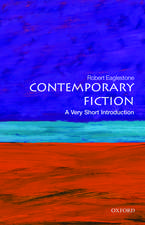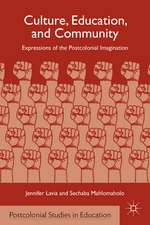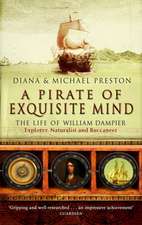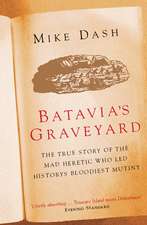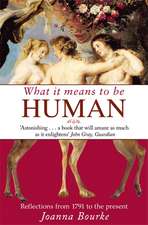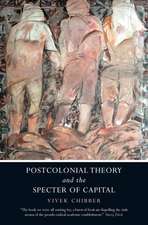Frantz Fanon
Autor Pramod K. Nayaren Limba Engleză Paperback – 16 noi 2012
This clear, student-friendly guidebook considers Fanon’s key texts and theories, looking at:
- Postcolonial theory’s appropriation of psychoanalysis
- Anxieties around cultural nationalisms and the rise of native consciousness
- Postcoloniality’s relationship with violence and separatism
- New humanism and ideas of community.
| Toate formatele și edițiile | Preț | Express |
|---|---|---|
| Paperback (1) | 148.74 lei 6-8 săpt. | |
| Taylor & Francis – 16 noi 2012 | 148.74 lei 6-8 săpt. | |
| Hardback (1) | 553.27 lei 6-8 săpt. | |
| Taylor & Francis – 16 noi 2012 | 553.27 lei 6-8 săpt. |
Preț: 148.74 lei
Preț vechi: 183.42 lei
-19% Nou
Puncte Express: 223
Preț estimativ în valută:
28.47€ • 30.94$ • 23.93£
28.47€ • 30.94$ • 23.93£
Carte tipărită la comandă
Livrare economică 21 aprilie-05 mai
Preluare comenzi: 021 569.72.76
Specificații
ISBN-13: 9780415602976
ISBN-10: 0415602971
Pagini: 176
Ilustrații: 2 black & white tables
Dimensiuni: 129 x 198 x 14 mm
Greutate: 0.16 kg
Ediția:New.
Editura: Taylor & Francis
Colecția Routledge
Locul publicării:Oxford, United Kingdom
ISBN-10: 0415602971
Pagini: 176
Ilustrații: 2 black & white tables
Dimensiuni: 129 x 198 x 14 mm
Greutate: 0.16 kg
Ediția:New.
Editura: Taylor & Francis
Colecția Routledge
Locul publicării:Oxford, United Kingdom
Cuprins
Acknowledgements Beginning Fanon Life and Contexts 1. Race and Psychoanalysis 2. On Violence 3. Decolonization 4. A New Humanism? Further Fanon
Descriere
This clear, student-friendly guidebook considers Fanon’s key texts and theories, looking at:
- Postcolonial theory’s appropriation of psychoanalysis
- Anxieties around cultural nationalisms and the rise of native consciousness
- Postcoloniality’s relationship with violence and separatism
- New humanism and ideas of community.


